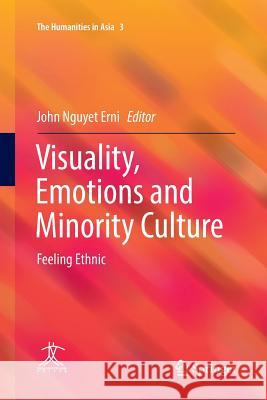Visuality, Emotions and Minority Culture: Feeling Ethnic » książka
topmenu
Visuality, Emotions and Minority Culture: Feeling Ethnic
ISBN-13: 9783662571668 / Angielski / Miękka / 2018 / 164 str.
Kategorie:
Kategorie BISAC:
Wydawca:
Springer
Seria wydawnicza:
Język:
Angielski
ISBN-13:
9783662571668
Rok wydania:
2018
Wydanie:
Softcover Repri
Ilość stron:
164
Waga:
0.25 kg
Wymiary:
23.39 x 15.6 x 0.97
Oprawa:
Miękka
Wolumenów:
01
Dodatkowe informacje:
Wydanie ilustrowane











